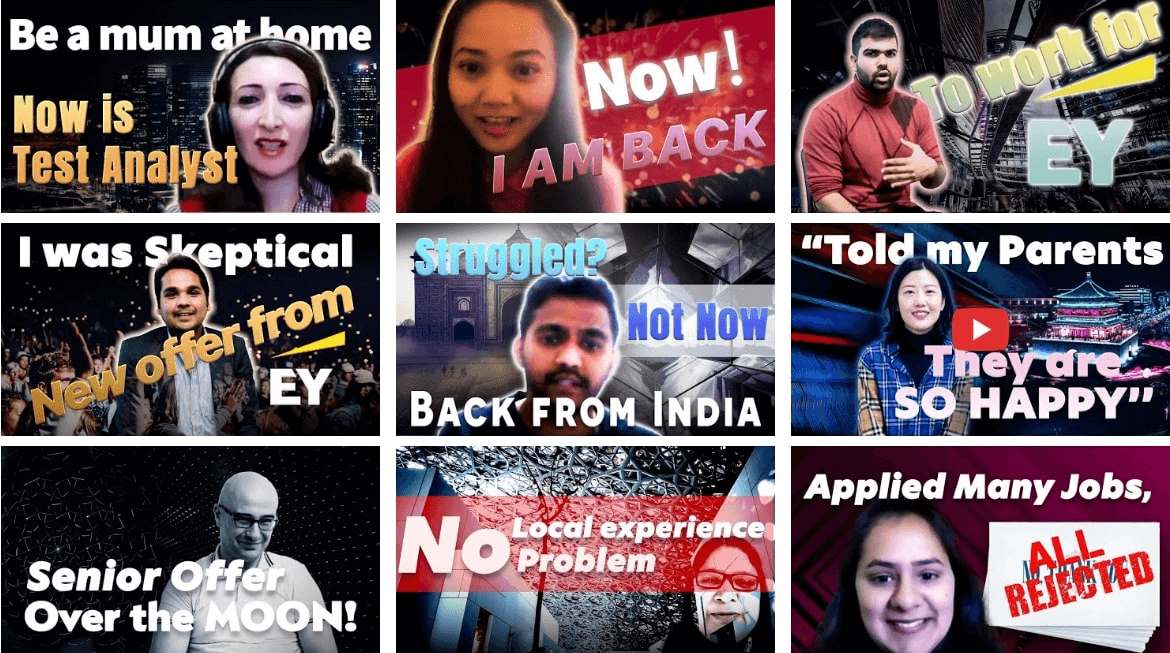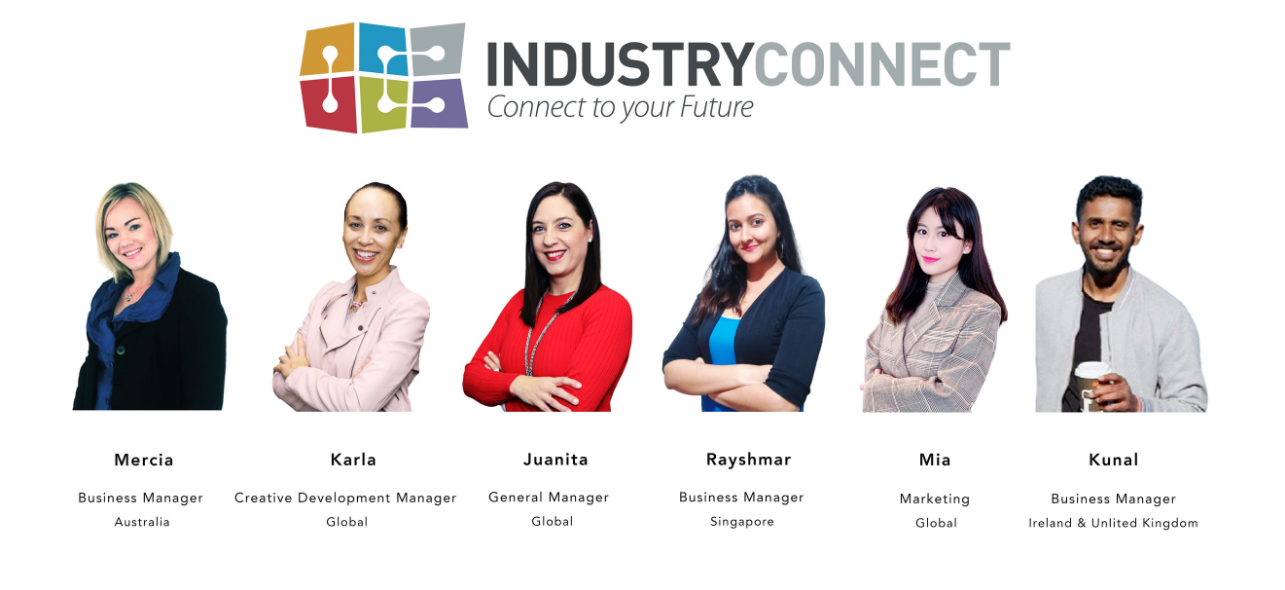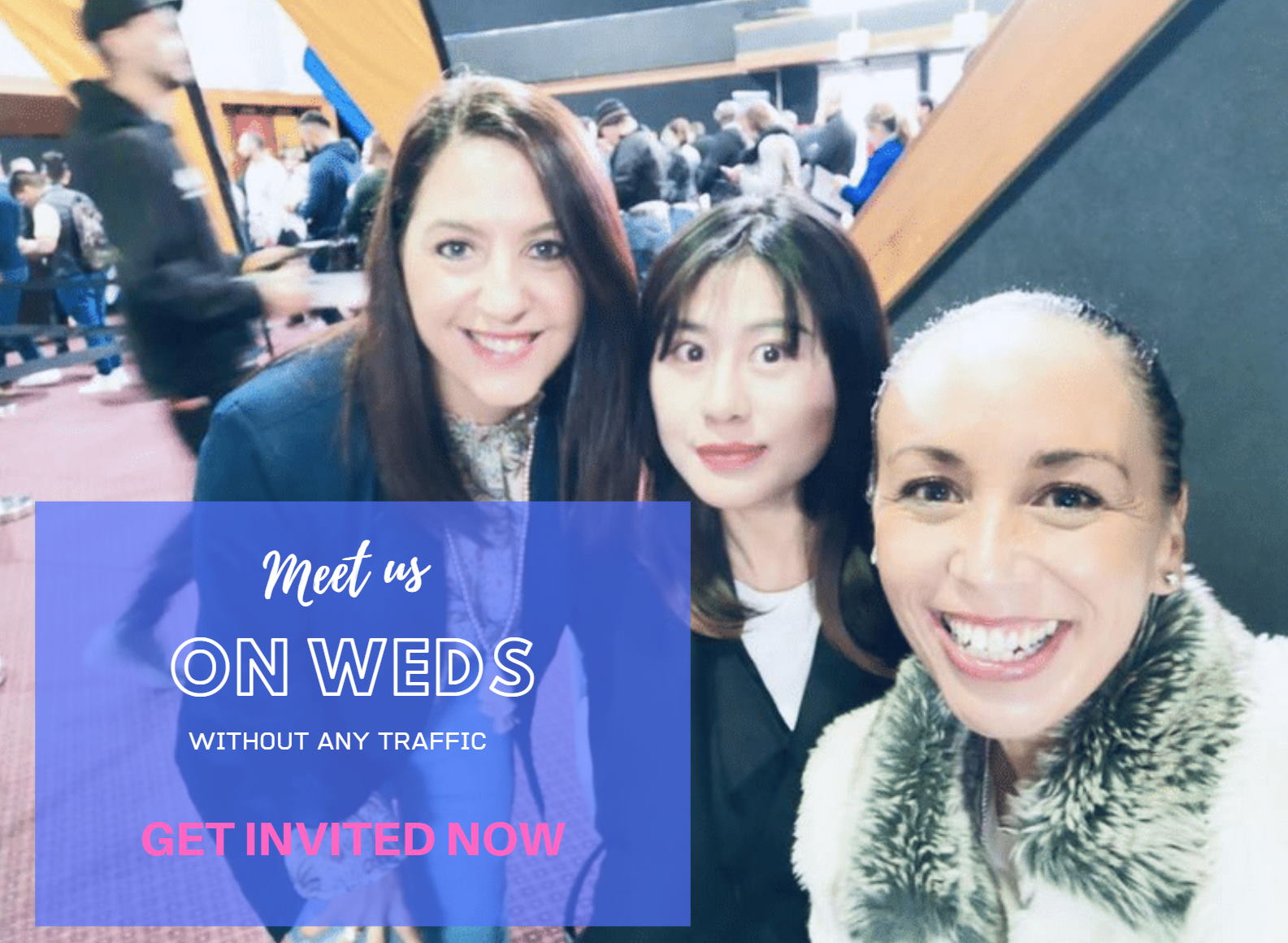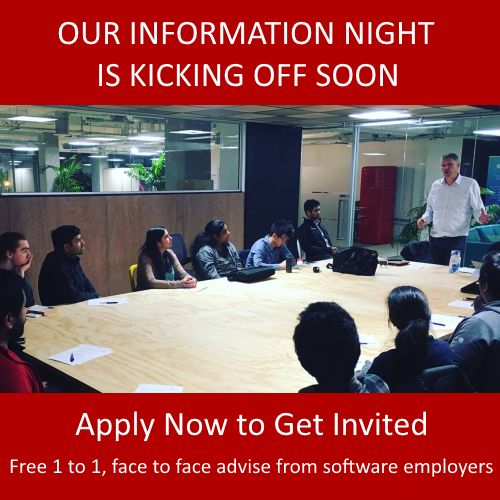Hi, Karla here again. Continuing on from last time on the topic of Soft Skills. Today I’m wanting to touch on another couple of soft skills called Emotional Intelligence and Critical Thinking.
EMOTIONAL INTELLIGENCE
Emotional intelligence (otherwise known as emotional quotient or EQ) is the ability to understand, use, and manage your own emotions in positive ways to relieve stress, communicate effectively, empathize with others, overcome challenges and defuse conflict. Emotional intelligence helps you build stronger relationships, succeed at work, and achieve your career and personal goals. It can also help you to connect with your feelings, turn intention into action, and make informed decisions about what matters most to you.
Emotional intelligence in the workplace is a highly sought after soft skill. Being able to harness your own emotions whilst understanding your colleagues’ motivations and feelings will lead to more harmonious and productive relationships.
Emotional intelligence is also a highly prized soft skill in high pressure roles, when remaining calm is key, or those that involve negotiation, when you need to understand the other side’s position.
How to be more emotionally intelligent
Taking the time to work on your emotional intelligence may seem a little unusual, as many of the key facets, such as empathy or self-awareness can seem like innate qualities. However, these are all skills that can be developed with the right training.
For example, think of a workplace situation where your emotions may have worked against you, and think about how this affected the outcome. Use that as a starting position for developing your self-awareness, which is the first step to improving emotional intelligence.
CRITICAL THINKING
Critical thinking is the ability to reason and analyse information effectively. In the workplace, critical thinking involves the process of taking information or problems and processing them in the most logical way to extract value and find solutions.
It’s a highly valued soft skill, in part because it works so well in tandem with other soft skills. For example, if you have strong critical thinking skills, it will improve your time management because you can solve problems quicker.
How to improve critical thinking
Being able to demonstrate situations where you have employed critical thinking to employers is a valuable asset. The first step to thinking more critically is to consider thoroughly the information you’re presented with.
Ask questions, explore motivations on all sides, and don’t take anything at face value. By rigorously evaluating information, you’ll be better placed to make informed decisions, which is the essence of critical thinking.
THIRD BLOG/VLOG
Hi, Karla here again. These are the last two topics on Soft Skills today and they’re Adaptability and Collaboration.
ADAPTABILITY
Adaptability, or flexibility, is the ability to embrace change and challenges with a positive, resourceful attitude.
We all face unexpected problems in the workplace, but those with strong adaptability skills are able to approach these calmly and find solutions quicker than those who might be less flexible.
Also, as the modern workplace is constantly evolving, having a level of resilience to these changes and an ability to view them as opportunities rather than obstacles is an attractive asset to employers.
How to improve your adaptability
Adaptability means being resourceful, curious, and persistent. Learning how to add this to your own skill set takes practice but it’s worth the effort.
Try studying colleagues who you perceive as being especially flexible or whose workplace attitude you’d like to replicate. You could take notes on their behaviours or ask them directly for guidance.
If you’re facing a particularly difficult challenge, try and find the positives – there will usually be some, even if it’s just the opportunity to show how you’ve overcome a problem.
COLLABORATION
Collaboration or teamwork is the ability to work effectively with your colleagues. It encompasses and requires a variety of other important soft skills, such as emotional intelligence, adaptability and communication.
Working collaboratively means you can solve problems quicker and better understand your own strengths and weaknesses. Working together also fosters a healthy work environment of learning and sharing between colleagues.
How to work more collaboratively
Working together with others towards a common goal is a crucial and common aspect of many roles, so being able to do it effectively is a skill worth investing in.
Learning how to work more collaboratively first requires a self-analysis of where you feel you work well in a team and where you think you could improve.
Next time you find yourself in a collaborative working situation, try and take on a role you’re not used to. This will help you develop a full spectrum of collaborative working skills.
I hope that you will keep developing your Soft Skills as you become aware of where you are at with them. Remember it’s a continuous process for life.
Thanks for joining me on this and here’s to developing your Soft Skills and standing out from the crowd.
What is Industry Connect?
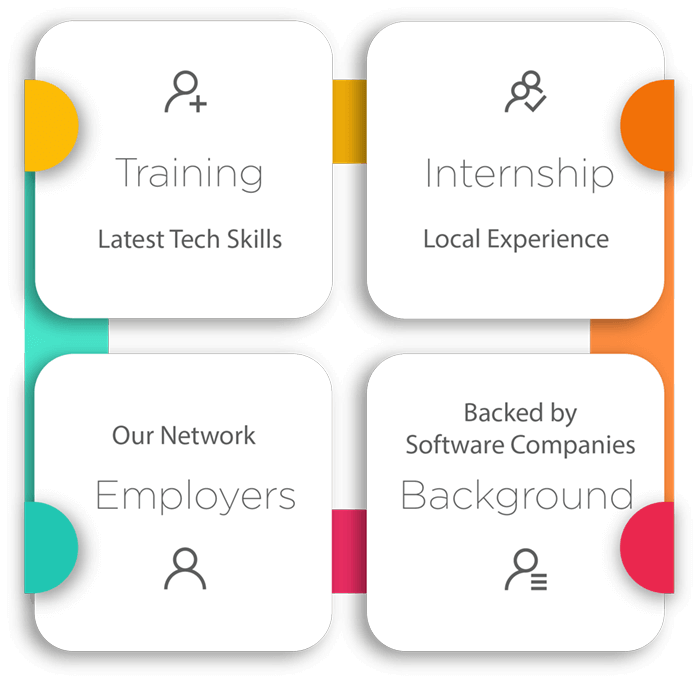
We have been helping career changers, recent IT graduates and people with career gap to start their IT/software careers.
Over the years, we have helped hundreds kick-start an IT/software career. (Verifiable evidences are available on this website)
OUR CORE
We are an innovative software training school backed by global/local software companies. Our ecosystem is an incubation process that supports our participants until they launch a tech career.
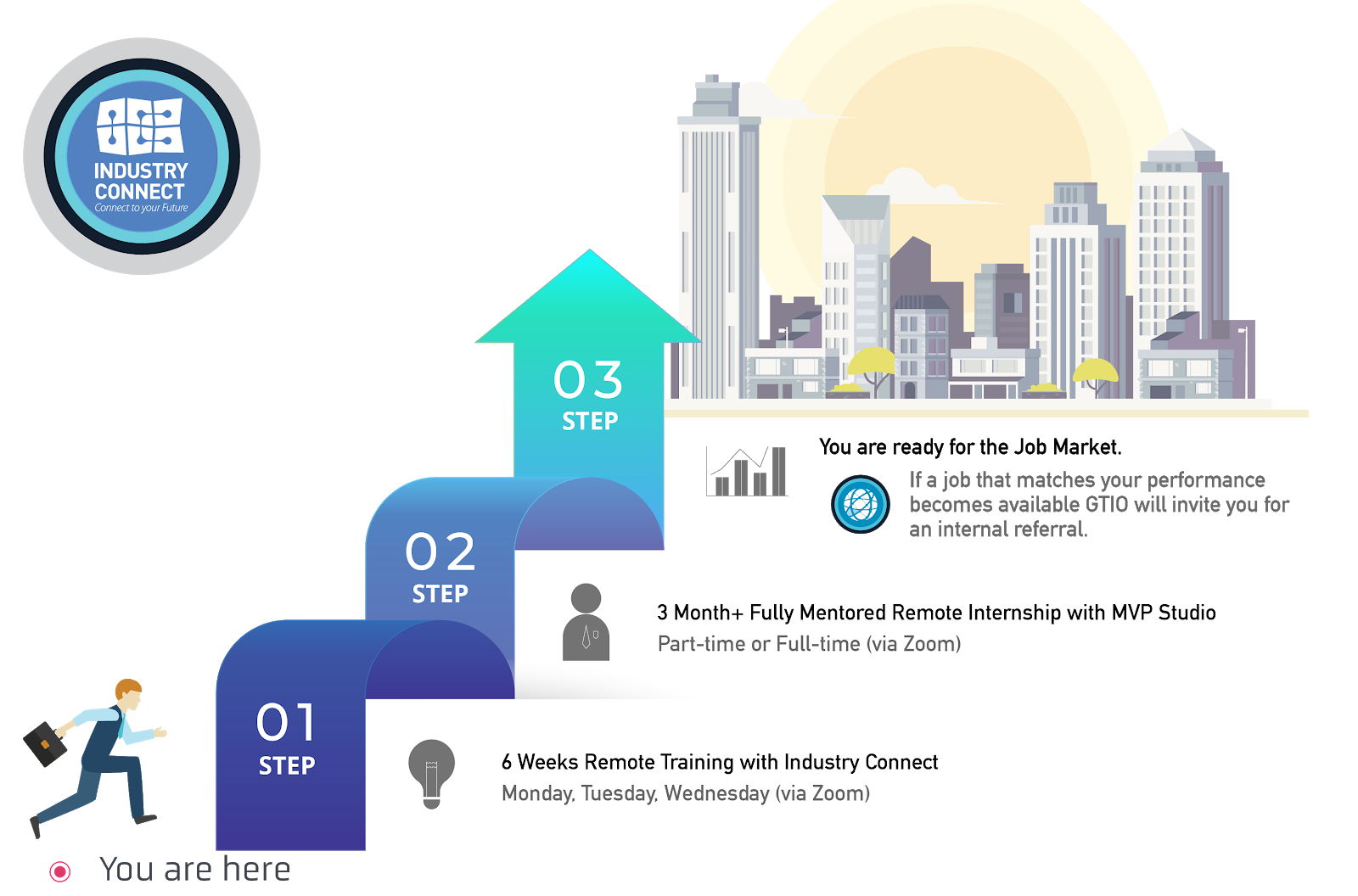
OUR PROGRAMMES
Our Job-Ready training programmes focus on,
- Software Development
- Business Intelligence (or Data Analyst)
- Test Analyst
PROGRAMME STRUCTURE
- Six Weeks Training Classes (Practical Tech Skills)
- Three Months (or more) Structured Internship on Large Commercial-Scale Projects (Learning enhanced, flexible Hours)
- Employer Network (job analysis and internal referral if goals are met)
You can join us via Zoom (live face-to-face meeting) remotely from anywhere and "download" the valuable knowledge & experiences from our tech experts across different tech centres.
 Proudly operating remotely with our platform.
Proudly operating remotely with our platform. 


